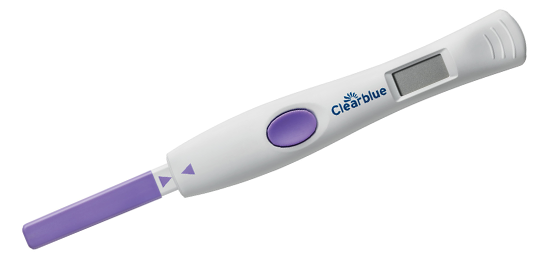Do you think you or your partner may have a fertility problem? If you’re considering a fertility test but aren’t sure where to begin, let this blog post guide you through everything you need to know about where and when you should have a fertility test.
There are a number of online assessments designed to test your fertility and highlight any underlying problems that may be inhibiting you from getting pregnant. These have been created simply as a guide and to raise awareness around fertility. You should always seek further medical advice, should you have cause for concern.
Can I do a fertility test from home?
Most fertility tests include a physical examination and a review of your medical history, including blood tests that can be carried out at your local GP or by an obstetrician or reproductive endocrinologist. Depending on your circumstance, some tests may take place in an operating room within a hospital.
If you’re curious about your fertility but are unsure whether it’s worth making a trip to the doctors, or you’re in too early a stage to tell whether there’s an issue, you can carry out a few simple home tests to give yourself peace of mind.
Men can carry out sperm tests at home to check if their sperm count is low or normal. The test will provide you with clear results within 10-15 minutes. Home sperm testing kits cost around £30.
For women, you can buy ovulation tests online or at a pharmacy – Clearblue has an ovulation test called ClearBlue Digital, which costs around £20 to buy. These tests will check whether you’re ovulating/have ovulated, helping you to decide the best time to have unprotected sex.
However, if you’ve been having unprotected sex for more than a year without getting pregnant, it’s advisable to seek expert medical advice from your GP or a fertility specialist.
How do we find a fertility specialist?
If you’re wondering where to find a fertility specialist, there are a few ways you can get started. Ask your GP for a recommendation, check for specialists in your area, ask around for recommendations (but always double check with your doctor first), or look online for the most highly reviewed or recommended fertility service in your area.
You can get a fertility test through the NHS, or you can choose to have the tests done at a private fertility centre, where you’ll need to pay.
What do fertility tests feel like?
Physical examinations, blood tests and semen analysis don’t cause pain, but some procedures, such as a laparoscopy (also known as keyhole surgery) or a hysterosalpingogram (involving an injection of dye), may cause some slight pain or discomfort.
What to expect from a fertility test
At an initial appointment with a GP, you’ll be asked, as a couple, about your sex life, birth control methods, any previous sexually transmitted infections (STIs), any medications you’re currently taking, caffeine, tobacco and alcohol use. You’ll be asked about your menstrual cycle and exercise routine.
A physical examination will be carried out on both you and your partner. A woman will have a pelvic examination, and a man will usually have a testicular examination.
Blood tests may be carried out during a woman’s menstrual cycle to see whether she’s ovulating and luteinising hormones (LH) may be checked in a man to see if he has a pituitary gland problem.
There are several other types of fertility test that may be performed depending on your situation –you can see a full list here.





